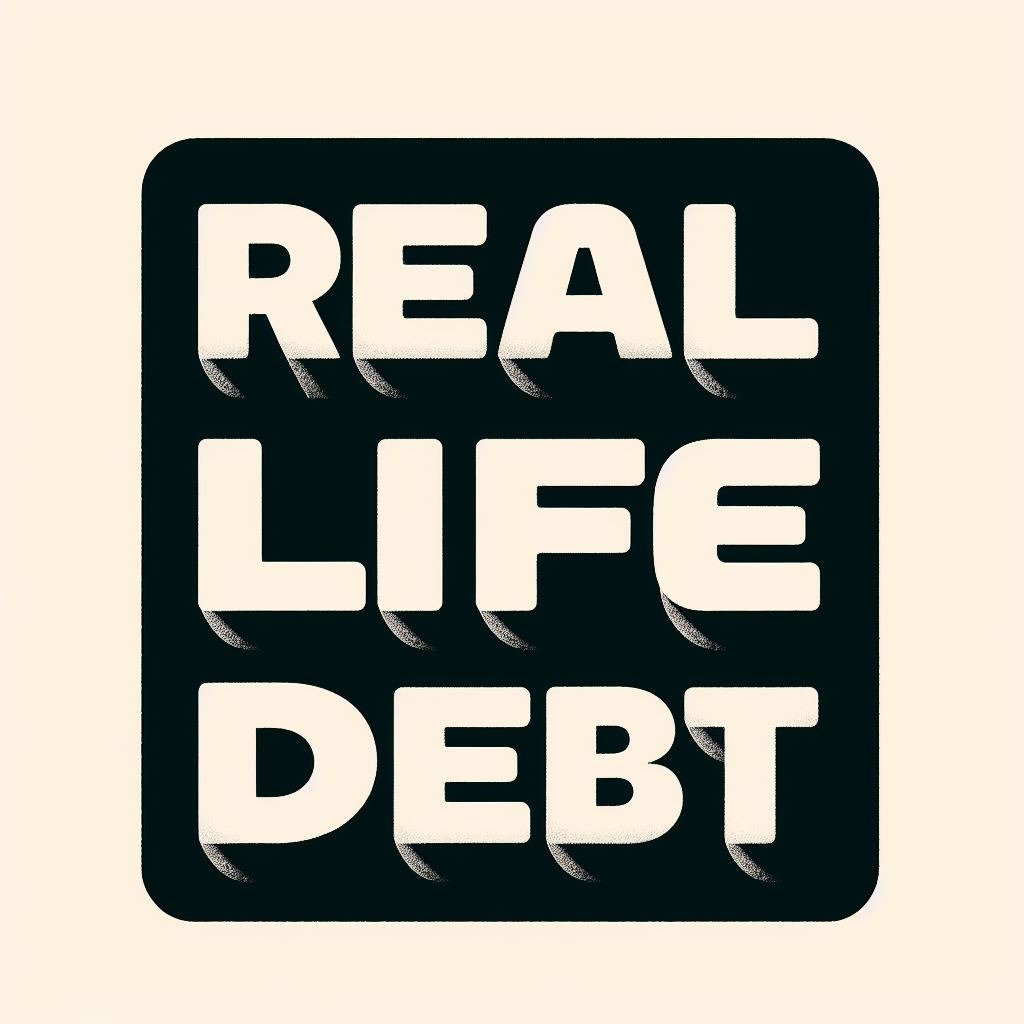Student loans have long been seen as a means of helping individuals from disadvantaged backgrounds access higher education. However, the landscape has shifted, and student loans are now being viewed differently. Rather than being a tool for social mobility, they can sometimes feel like a financial burden that ensnares young people from the middle class, much like mortgages have ensnared their parents.
It is worth considering whether taking on a student loan solely for the purpose of securing a job is the best approach. In today’s competitive job market, it may be more beneficial to explore alternative paths that do not involve accumulating debt.
One alternative is to prioritize gaining practical experience and skills before pursuing further education. By first securing a job or apprenticeship, individuals can begin building their careers while avoiding the financial strain of student loans. This approach allows for hands-on learning and the opportunity to earn an income, all while developing valuable skills that can enhance future job prospects.
Another option to consider is exploring scholarships, grants, and work-study programs. These opportunities can provide financial assistance without the burden of repayment. Many organizations and institutions offer scholarships based on academic achievements, talents, or specific fields of study. By actively seeking out these funding options, individuals can reduce or eliminate the need for student loans.
Additionally, it is important to research and consider the return on investment of the chosen field of study. Some careers may have higher earning potential and better job prospects, making it easier to repay loans. Exploring career paths with strong demand and growth potential can help mitigate the financial risks associated with student loans.
While student loans can still be a viable option for some, it is crucial to approach them with careful consideration. By exploring alternative paths, seeking out financial assistance, and assessing the potential return on investment, individuals can make informed decisions about their education and future career prospects, ultimately aiming for a debt-free education.


